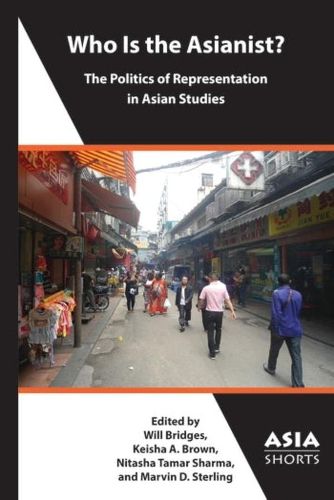Readings Newsletter
Become a Readings Member to make your shopping experience even easier.
Sign in or sign up for free!
You’re not far away from qualifying for FREE standard shipping within Australia
You’ve qualified for FREE standard shipping within Australia
The cart is loading…






Who Is the Asianist? reconsiders the past, present, and future of Asian Studies through the lens of positionality, questions of authority, and an analysis of race with an emphasis on Blackness in Asia. From self-reflective essays on being a Black Asianist to the Black Lives Matter movement in Papua New Guinea, Japan, and Viet Nam, scholars grapple with the global significance of race and local articulations of difference. Other contributors call for a racial analysis of the figure of the Muslim as well as a greater transregional comparison of slavery and intra-Asian dynamics that can be better understood, for instance, from a Black feminist perspective or through the work of James Baldwin. As a whole, this diversified set of essays insists that the possibilities of change within Asian Studies occurs when, and only when, it reckons with the entirety of the scholars, geographies, and histories that it comprises.
$9.00 standard shipping within Australia
FREE standard shipping within Australia for orders over $100.00
Express & International shipping calculated at checkout
Who Is the Asianist? reconsiders the past, present, and future of Asian Studies through the lens of positionality, questions of authority, and an analysis of race with an emphasis on Blackness in Asia. From self-reflective essays on being a Black Asianist to the Black Lives Matter movement in Papua New Guinea, Japan, and Viet Nam, scholars grapple with the global significance of race and local articulations of difference. Other contributors call for a racial analysis of the figure of the Muslim as well as a greater transregional comparison of slavery and intra-Asian dynamics that can be better understood, for instance, from a Black feminist perspective or through the work of James Baldwin. As a whole, this diversified set of essays insists that the possibilities of change within Asian Studies occurs when, and only when, it reckons with the entirety of the scholars, geographies, and histories that it comprises.